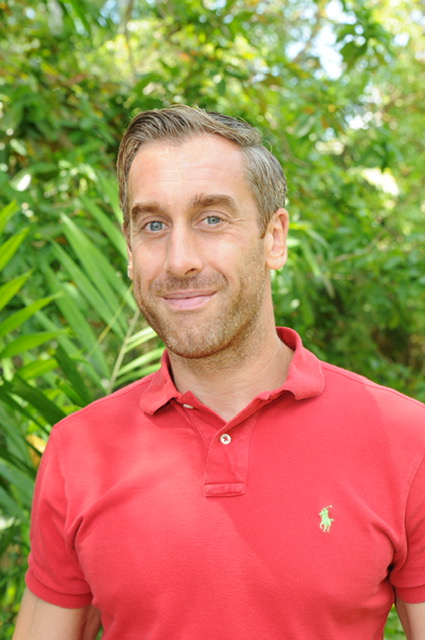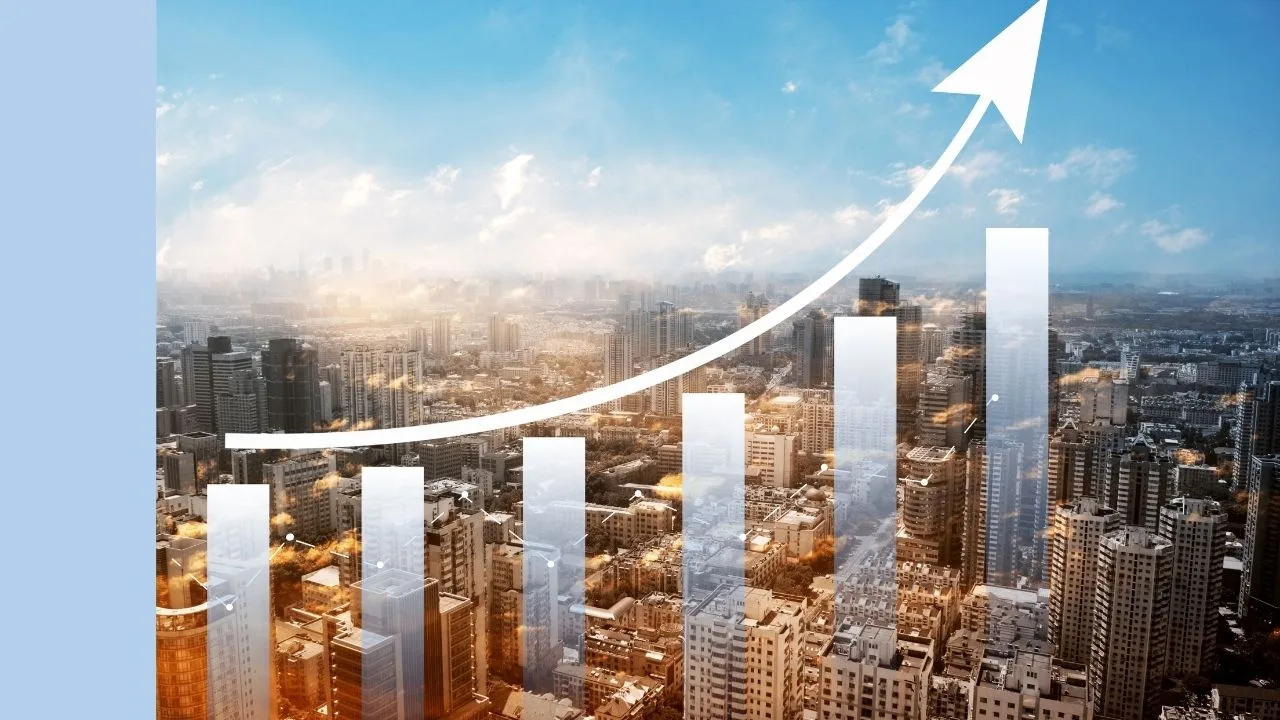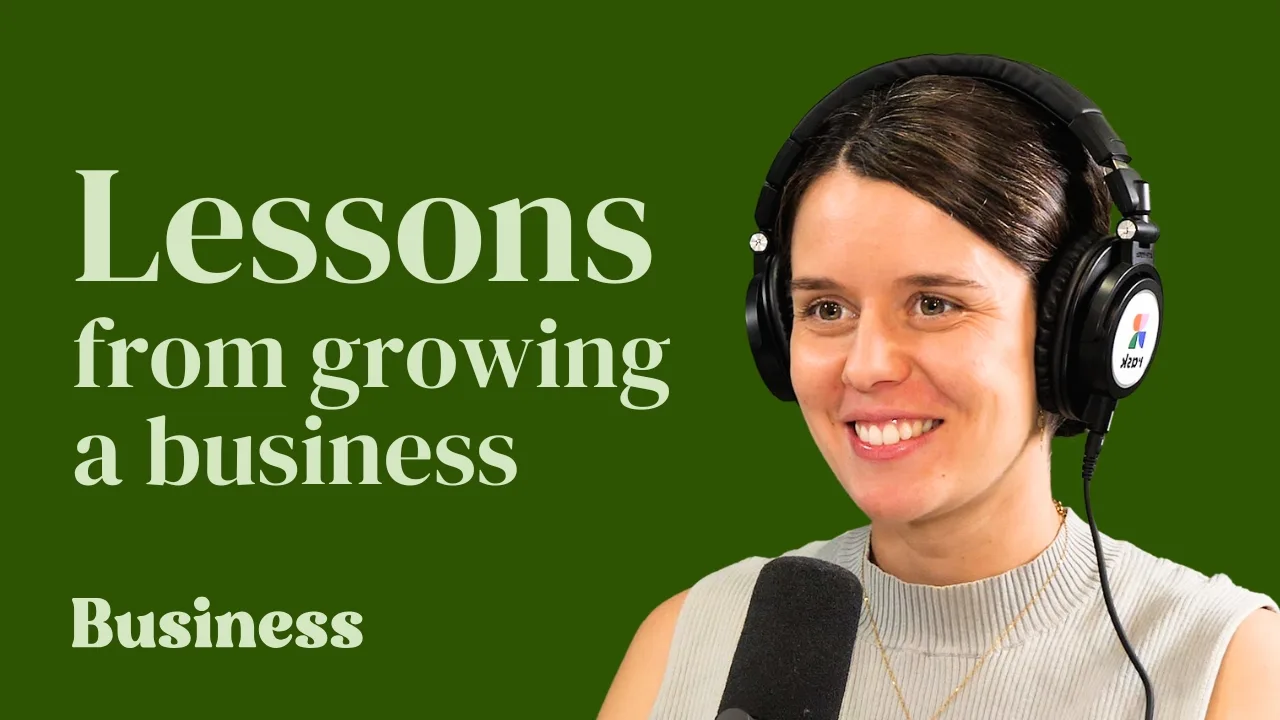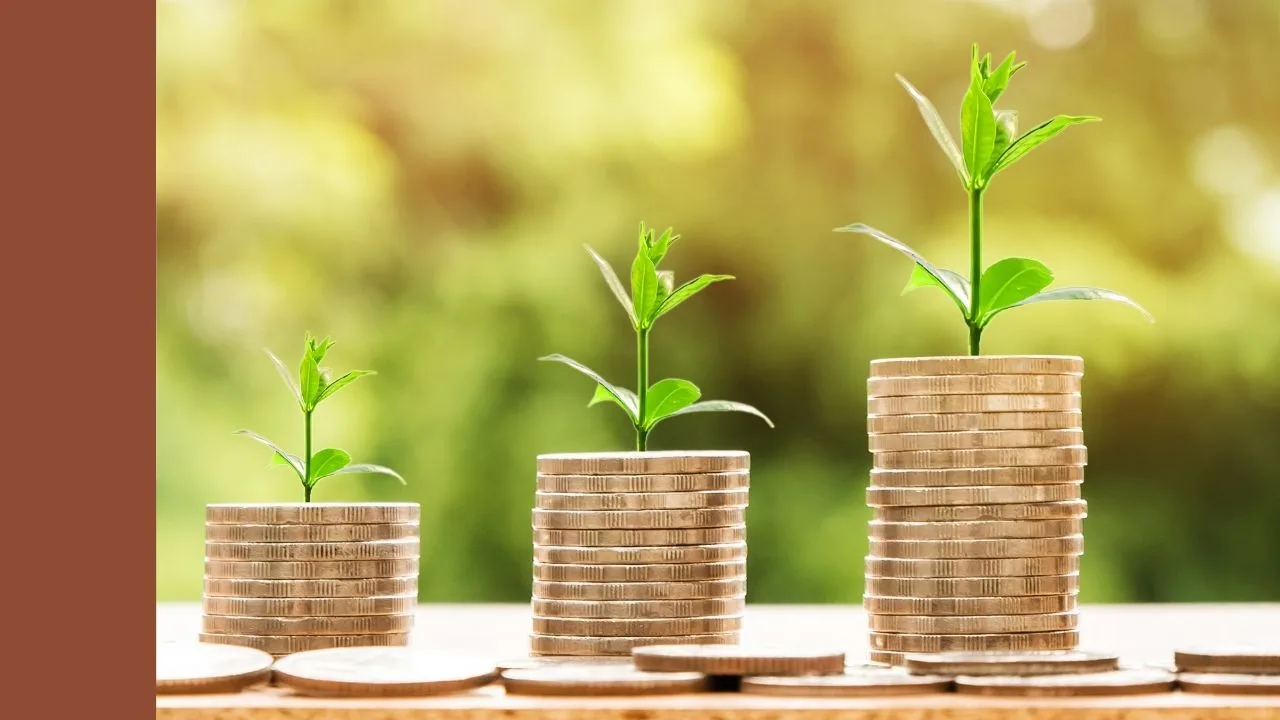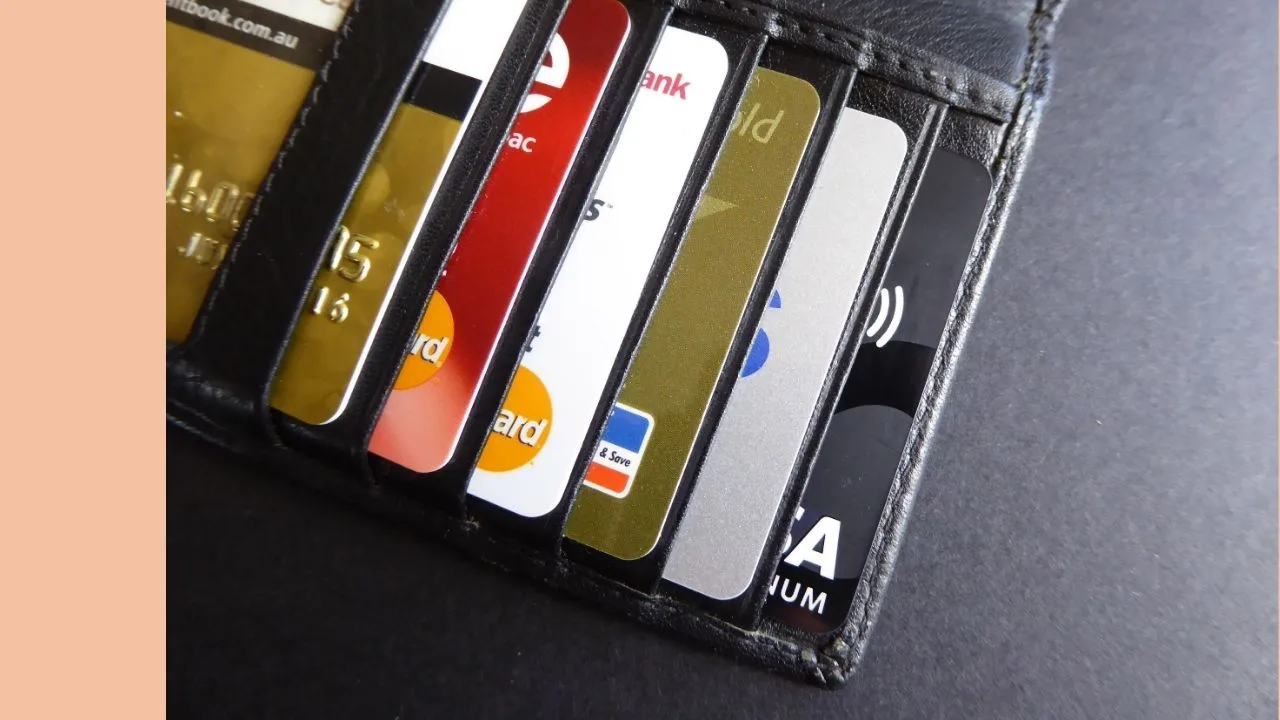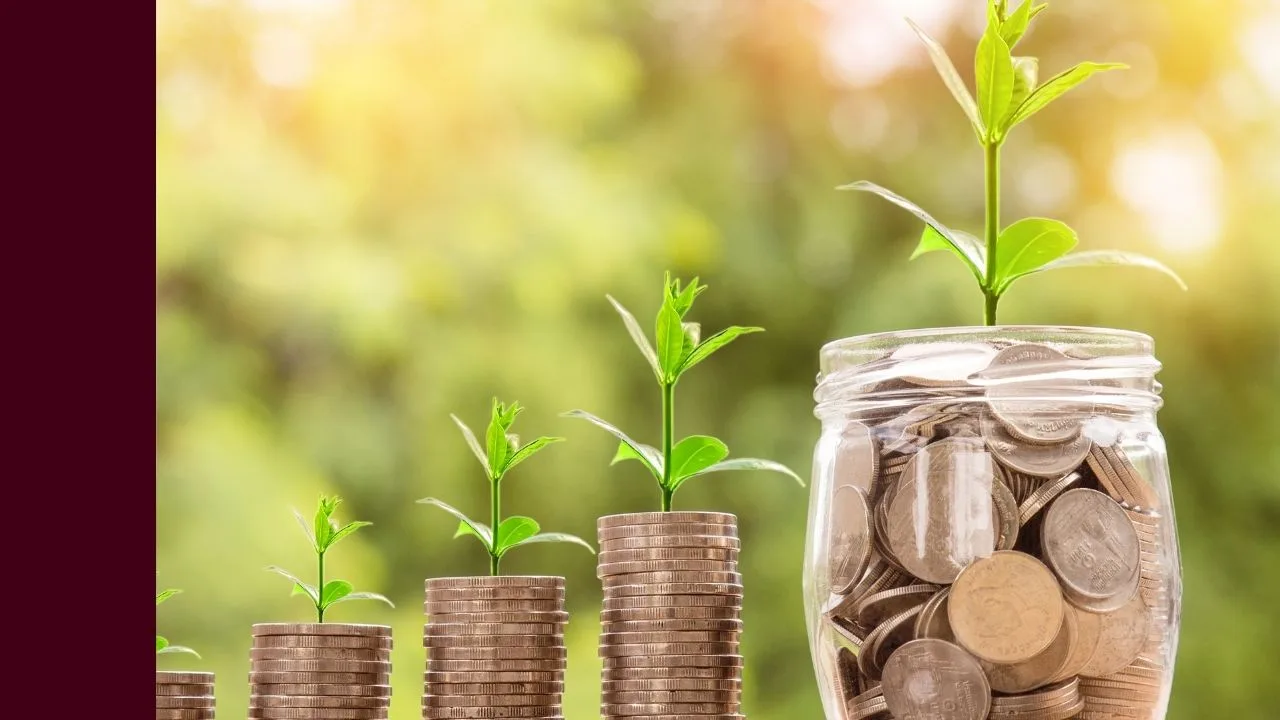Pact Group Holdings Ltd (ASX: PGH) has a presence in almost every home and business and has been in operation for the last 17 years, yet you may not know much about who the company is or what it does.
Take a moment to look around you. You will likely see vast amounts of plastic. The material is universally used to package all manner of consumer and industrial goods, allowing for safe storage and convenience in the transportation of goods from the manufacturer to the end-user.
Unfortunately, large amounts of plastic are being disposed of ineffectively, resulting in a negative impact on our environment. We are all responsible for the environment in which we live, but what are companies doing to be accountable for their actions when it comes to their products and services? And how these are damaging our environment?
Unpacking Pact Group Holdings
At first glance, you may say that Pact is a culprit for adding to such an important global environmental issue. However, let’s take a closer look at who the company is and what it is doing to address this ever-growing concern around the war on waste.
Pact Group Holdings was established in 2002 and has become the largest manufacturer of rigid plastic packaging products in Australia, New Zealand, and Asia. Its primary function is to convert plastic resin (and steel) into the packaging and related products which serve customers in the food, dairy, beverage, chemical, agriculture, industrial and other industries.
The variety of products produced by Pact include the types of containers you may find on the supermarket shelf. This includes containers for sauces, shampoo, and laundry detergents, all the way through to the industrial type products which include the likes of pallets, crates and the bins each home and business will have for the removal of waste.
Pact’s primary function is to produce packaging for consumer and industrial purposes, which in turn, is having an impact on the environment. It is important to know that Pact is committed to recycling and assisting its clients in meeting sustainability targets, which has led to the development of sustainable packaging solutions. With Pact being so close to such a significant environmental issue, maybe it is just the right type of business to have have a positive influence in making a difference to lessen the damage being caused in the future.
End Of Waste At Pact Group?
Pact has devised its ‘End of Waste‘ strategy which strives to meet the following objectives by 2025 to:
- Reduce: by eliminating all non-recyclable packaging the company produces
- Reuse: with a range of solutions this will allow the company to reduce, reuse and recycle all single-use secondary packaging in supermarkets
- Recycle: this will aim to offer 30% recycled content across the groups packaging portfolio
Pact demonstrates strong awareness associated with the negative impacts of producing plastic packaging on the environment and therefore continues to assess and understand new methods in the way it goes about its business. Through its Recycled Resin Register, the company tracks how much plastic resin it collects and processes, which is ~19,500 tonnes per year.
Pact Share Price Hits A Low – Is This One To Watch?
Increased costs for raw materials and energy, in addition to lesser demand for products and services, impacted the company’s earnings for the 2019 financial year. However, that did not stop Pact from still delivering 10% revenue growth for the period.
This growth was supported by the implementation of ways to improve the delivery of its operations, which in part included closing two facilities related to its packaging network redesign, securing a long-term contract to supply crates to ALDI, as well as another long term contract supplying a clothes hanger reuse service to a large retailer in the US.
In and amongst the operational challenges faced by the company, Pact also introduced Sanjay Dayal as its new CEO in April 2019. With a vast amount of experience across the globe as well as strong confidence from the board of directors, could this could be the turning point for the Pact share price to return to its 12-month high of ~$4.10 seen earlier this year?
Where To From Here?
I believe there are many things to like about this company. It has a touch on everyday life creating demand for its products and services as well as a socially responsible attitude towards protecting the environment.
Each Director is invested in the business, with Chairman Raphael Geminder having the most significant holding in the company, and it is looking to grow by acquisition to maintain its strong presence in the market.
At the close of business on Friday 11th October 2019, the Pact share price was $2.44 and up 4.72%.
For more ASX growth share ideas, check out the companies profiled in the free report below.
[ls_content_block id=”18457″ para=”paragraphs”]
Disclosure: At the time of writing, Robert owns shares in Pact Group Holdings (ASX: PGH).

